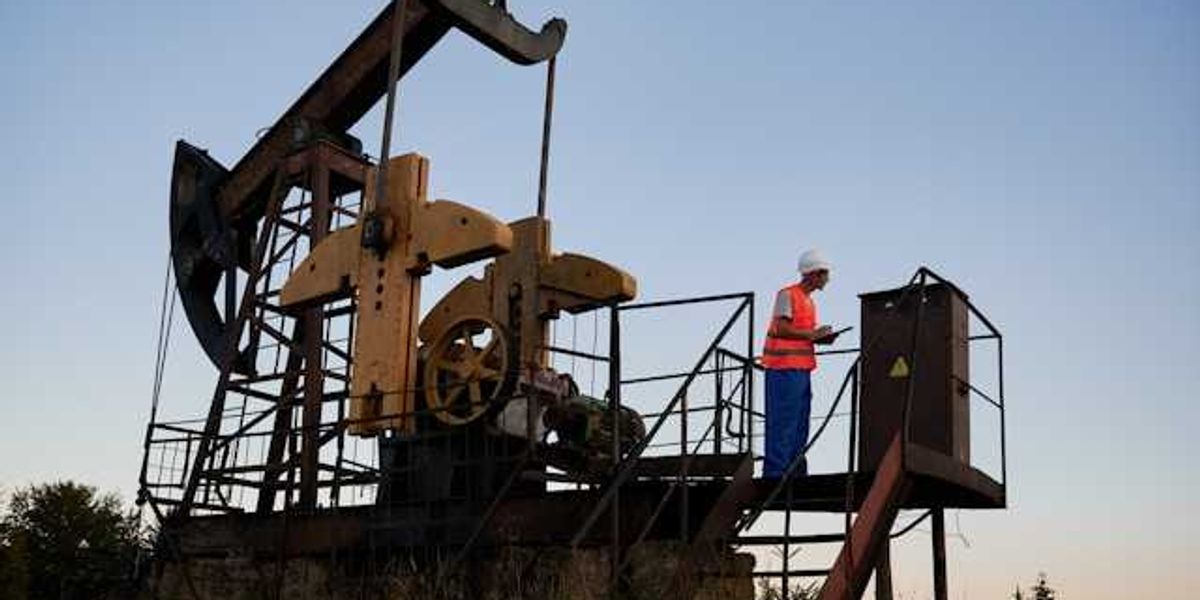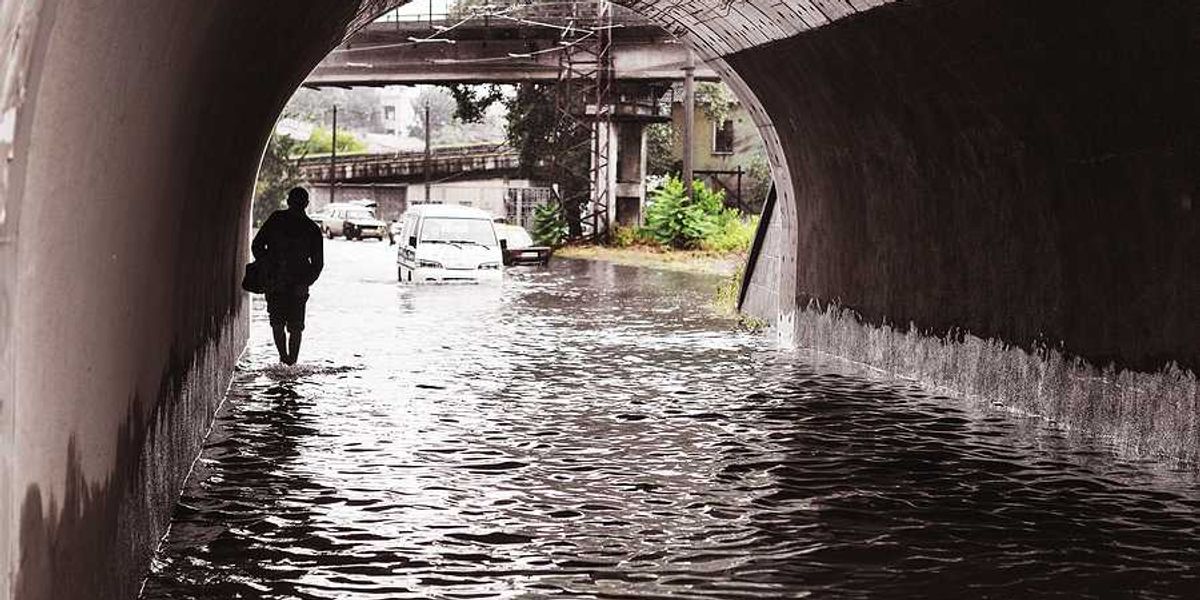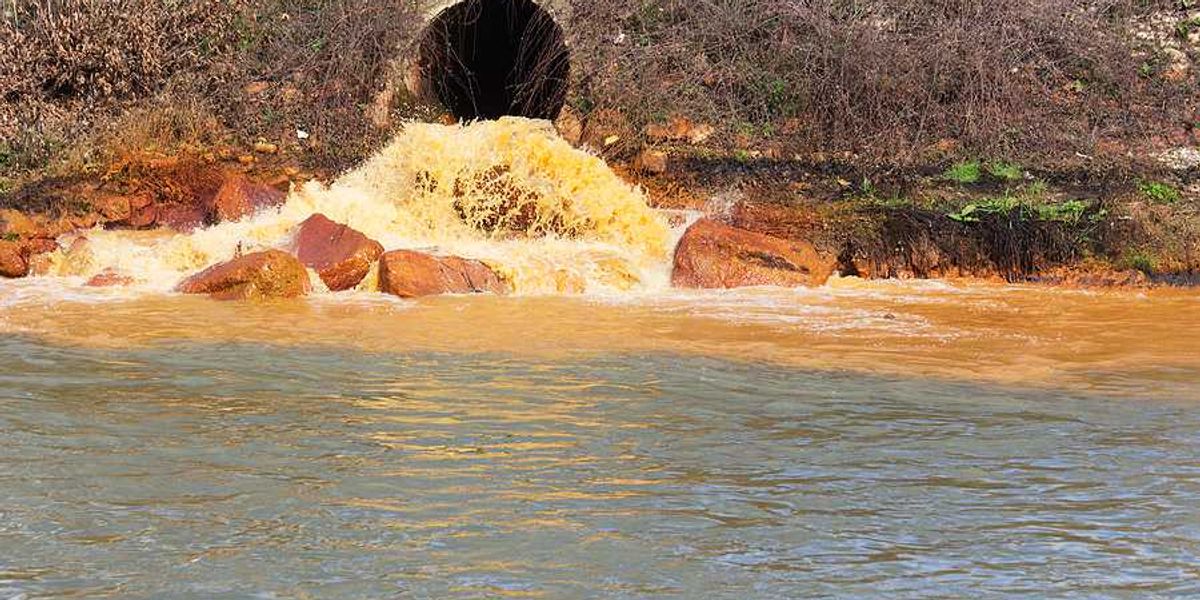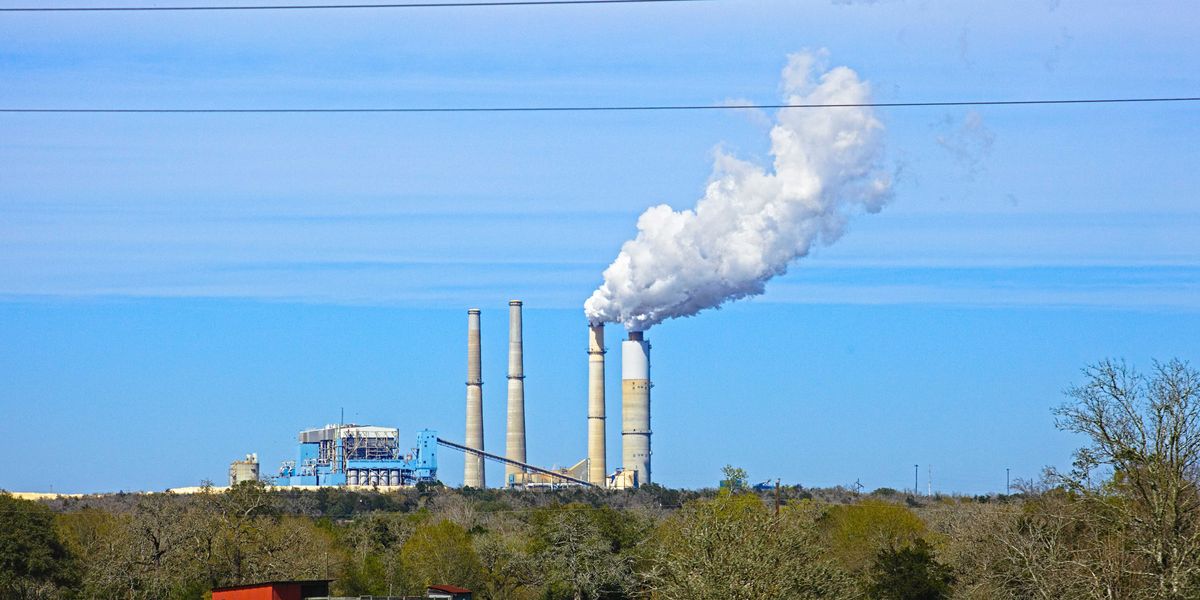Pipeline debate heats up in Michigan and Wisconsin
Pipeline's future stirs political waves in Michigan and Wisconsin, spotlighting a contentious debate over environmental risks and economic benefits.
Rebecca Halleck and Dionne Searcey report for The New York Times.
In short:
- Line 5's debate straddles tribal sovereignty, environmental risks, and job prospects, underlining a significant clash between economic benefits and ecological safety.
- With both states being crucial in the electoral map, the pipeline's fate might sway voters' opinions amidst broader environmental and energy discussions.
- Legal challenges in Michigan and Wisconsin add to the controversy, with both states seeking solutions that address tribal rights, environmental concerns, and energy demands.
Key quote:
The pipeline is “a ticking time bomb in the heart of the Great Lakes.”
— Michigan Attorney General Dana Nessel
Why this matters:
Stretching more than 645 miles and carrying millions of gallons of oil and natural gas liquids daily, the pipeline's potential for catastrophic leaks poses significant risks to the Great Lakes region, a critical source of fresh water for millions and a biodiverse ecosystem. Proponents of the pipeline, including some labor groups and industry advocates, argue that Line 5 is essential for sustaining thousands of jobs and is critical for the regional economy, supplying refineries and providing energy resources.
Native tribes argue that the pipeline's operations infringe upon their sovereign lands, violating treaty rights established over centuries. These communities emphasize the importance of preserving their ancestral territories not just for cultural reasons but also for their inherent environmental value.













